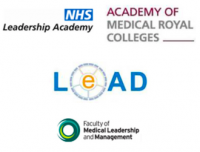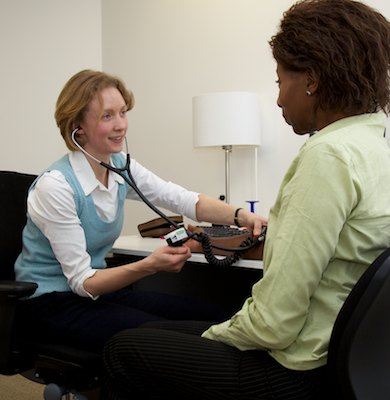The Contribution of National Organisations and Networks on Healthcare course for GPs



This session identifies some of the aspects of healthcare where key national bodies and organisations influence and regulate our work as clinicians.
Learning Objectives
By the end of this session you will be able to:
- Identify key areas of healthcare that are influenced by national organisations and bodies
- Use examples to explain how national organisations can strategically and practically influence different areas of healthcare
- Explain the means by which clinicians can influence national organisations and bodies in terms of policy formation
- Demonstrate your contribution to leadership in clinical settings by identifying the process of influence in your service and how you can contribute to it
This session identifies some of the key areas of healthcare that are influenced by key national bodies and organisations. It explores how this influence is demonstrated, and how, through contributing to the work of these national bodies, individuals can help to develop wider strategy.
Before commencing this session you should complete these sessions in the Introductory Module:
- Introduction to Leadership and LeAD
- Introduction to Medical/Clinical Leadership Competency Framework
Dr Valli Ratnam was an anaesthetic trainee from the Royal Free School of Anaesthesia. She now works as a Consultant in Anaesthetics and Intensive Care at the West Middlesex University hospital NHS trust.
Early on in her consultant career, she took up the Lead Clinician and the Clinical Director of Critical Care. Her role and enthusiasm in NHS management lead to her being nominated for the BAMM’s Fit to lead course. She has been the clinical lead for the Productive Theatres Project of which the hospital is one of three pilot sites and been involved in Patient Safety issues at West Middlesex Hospital. She has an on-going interest in CME articles and teaching medical students.


Bob has developed his interest in clinical leadership through his experiences training and working as a paediatrician and medical educationalist at Imperial College Healthcare NHS Trust, and in other roles across London. He has developed a number of work-based leadership development initiatives, including ‘Paired Learning’, and was involved in supporting the NHS Institute’s Enhancing Engagement in Medical Leadership project team in their work around the Medical Leadership Competency Framework.
- Epilepsy in People with Learning Disabilities cour...
- Posted By eIntegrity Healthcare e-Learning
- Posted Date: 2024-11-01
- Location:Online
- This session describes how to provide a high standard of care to patients with learning disabilities...
- Screening Programmes Part 2: Antenatal and Newborn...
- Posted By eIntegrity Healthcare e-Learning
- Posted Date: 2024-11-01
- Location:Online
- This session describes and discusses the NHS Fetal Anomaly Screening Programme, the NHS Newborn and ...
- Screening Programmes Part 1: Pregnancy and Newborn...
- Posted By eIntegrity Healthcare e-Learning
- Posted Date: 2024-11-01
- Location:Online
- This session will describe and discuss the following three NHS antenatal and newborn screening progr...
- Ensuring Quality: Role of the UK NSC, Policy Devel...
- Posted By eIntegrity Healthcare e-Learning
- Posted Date: 2024-11-01
- Location:Online
- This sessions offers you an understanding of how screening programmes are chosen and how their quali...
- Overview and Principles of Screening course for Ge...
- Posted By eIntegrity Healthcare e-Learning
- Posted Date: 2024-11-01
- Location:Online
- This session provides an overview of the principles and practice of screening, clarifying relevant t...






